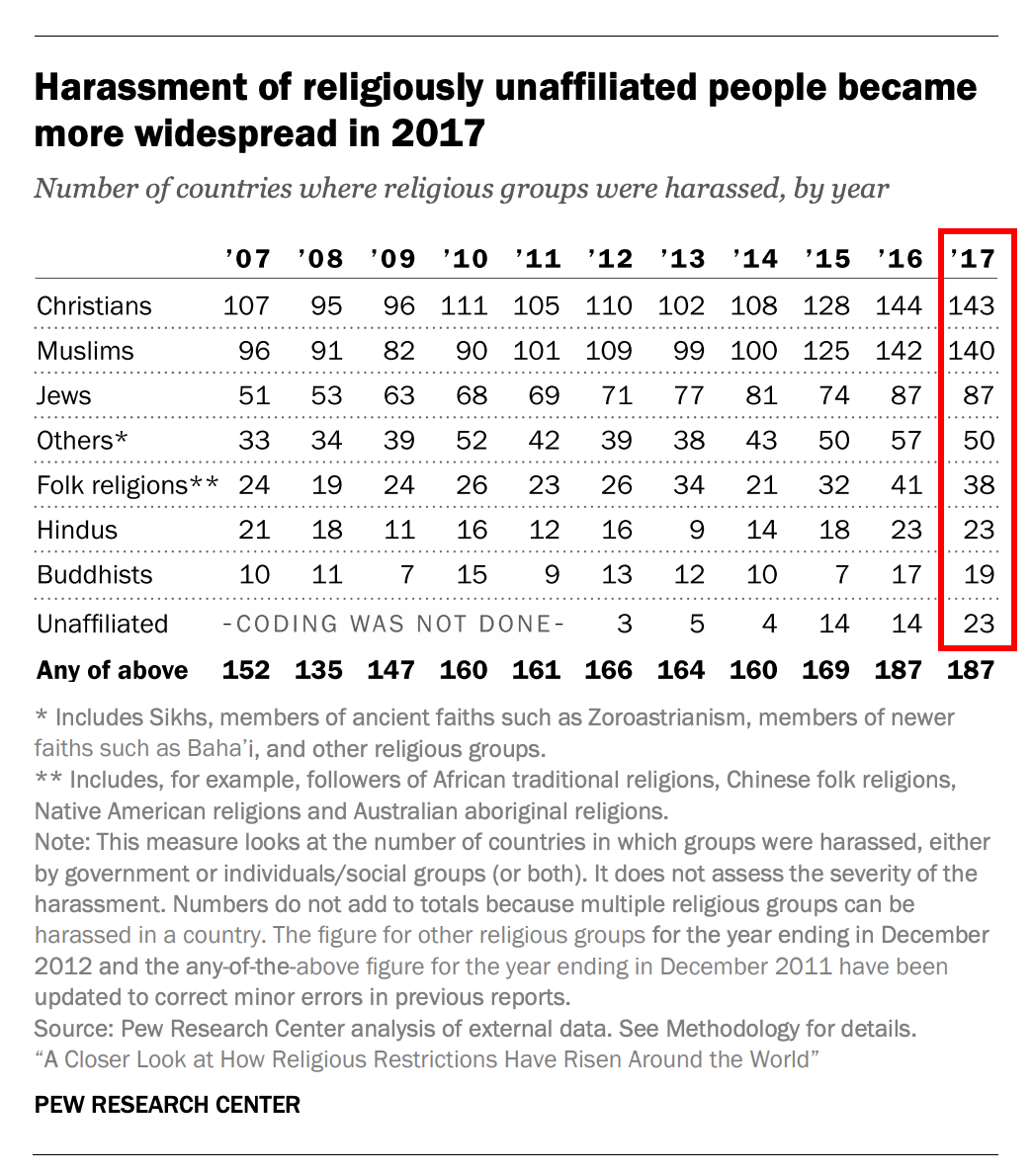For the past 30 years, every Memorial Day has found the Shea family here at our Hidden Island Redoubt in the San Juans, giving ourselves up to pure jollification for Memorial Day weekend. Except this year and–maybe–next year, due to the Pandemic. I have no hard feelings about it. It’s a small sacrifice for not watching those I love and care about–or perhaps a total stranger somebody else loves and cares about, die in anguish as they drown in their... Read more














